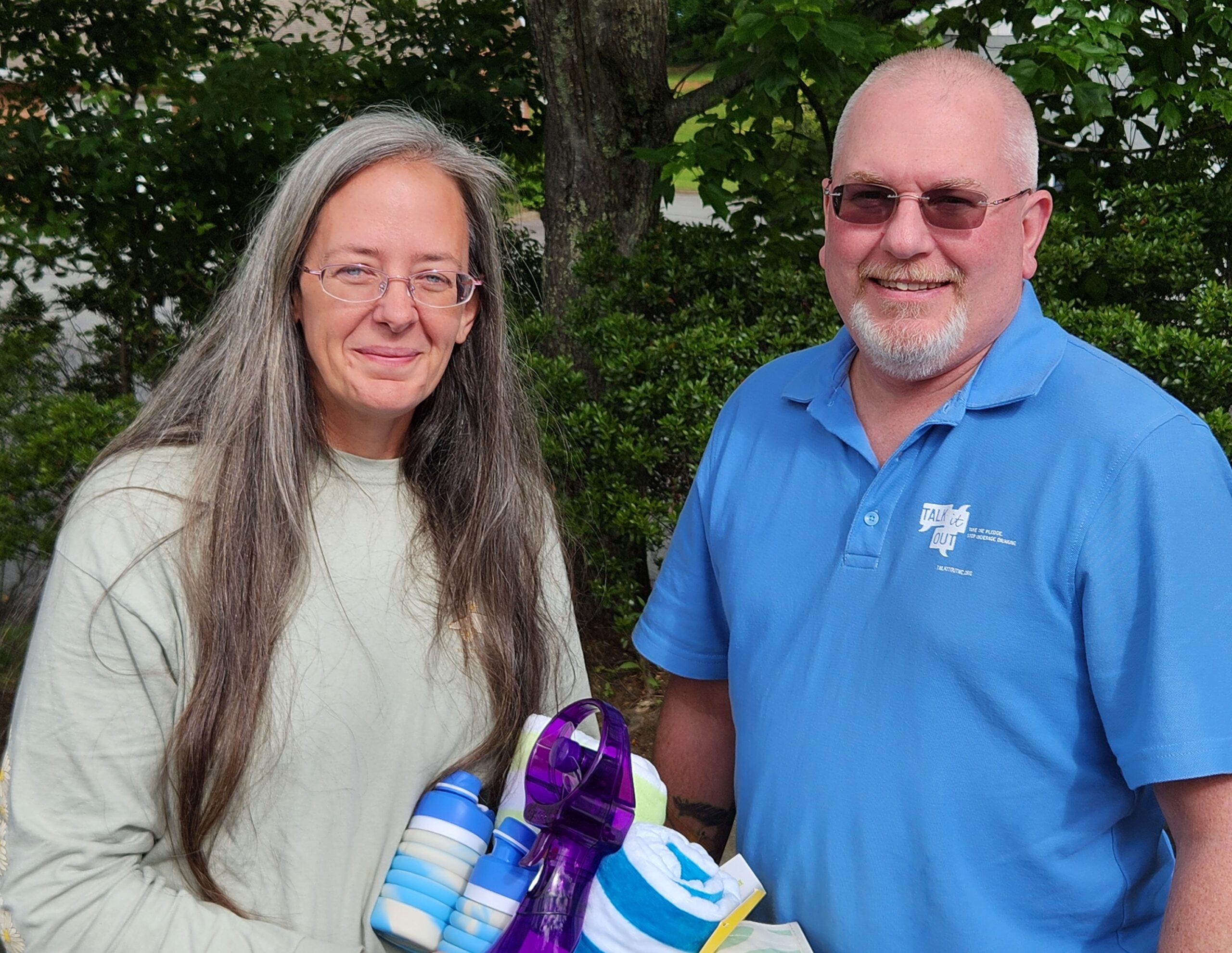6 Healthy Habits for Teens to Establish Early

Most people know adolescence is a crucial period of development, but may not realize that the habits teens form now can influence them for the rest of their lives. As parents, we want to foster healthy habits for teens so they will not only survive the ups and downs of life but also thrive through them.
Resilience — the ability to go through difficulties and recover from them — is an important trait for people of all ages, but it’s especially necessary for tweens and teens as they navigate various physical, emotional, and social changes. The more resilient that kids become, the easier it is for them to make smarter choices, ignore negative peer pressure, and avoid underage drinking or other substance misuse. Let’s look at some good habits for teenagers to develop that will help them face these challenges (and more) with confidence.
1. Self-Compassion
Teenagers can be extremely self-critical, especially when they compare themselves to their peers or to people on social media who look “perfect” or seem to have ideal lives. Even without peer pressure or social media, teens can be hard on themselves for not performing well in a certain class or on an athletic team.
Nurturing your child’s mental health is one of your most important duties as a parent, close family member, or mentor, and helping them develop self-compassion goes a long way to producing happy and healthy teens. Developing self-compassion allows teens to be kinder to themselves and less self-critical. As a result, they’ll be able to understand and accept setbacks as steppingstones to a brighter future. In turn, this self-acceptance can prevent them from misusing substances as a means of coping with disappointment.
2. Gratitude
Teens are often portrayed as surly or self-centered. Sometimes, however, they simply haven’t been encouraged to focus on the good things they already have in their lives. When you help your teen cultivate gratitude, they begin to notice more positives and stop dwelling on what they lack. This positivity can influence every aspect of a teen’s life and help them feel more self-worth, making it easier for them to recognize that underage drinking can rob them of the good things happening in their lives
3. Optimism
While gratitude is the habit of appreciating what you already have in your life, optimism is the habit of believing more good things are coming your way. In a CNBC report, educational psychologist Michele Borba shares that being optimistic is her primary rule for parents who want to raise successful children. She explains, “Optimism flips a simple switch in kids’ minds. They start viewing challenges as obstacles to overcome, rather than excuses to turn around and go home.”
In order to help your child be optimistic, however, you must practice optimism yourself and teach them how to avoid getting stuck in negativity when they hear bad news or experience distressing situations. Being optimistic means not self-medicating with alcohol, but trusting that you have the ability to overcome any setback.
4. Volunteerism
When you encourage your teen to make a habit of helping others, they have an opportunity to gain more than they give. Volunteer work can teach teens compassion and empathy and give them a sense of purpose that helps build confidence. They’ll meet people with different perspectives and learn how to work with others to accomplish goals. As they spend more of their time making a positive impact in their communities rather than spending that time isolated and misusing substances, teens will see firsthand that their choices matter.
5. Stress Management
A major aspect of resilience is knowing how to effectively cope with stress, so it’s an essential healthy habit for teens to learn early. Let’s face it — despite our best efforts, we can’t always protect our children from disappointment, peer pressure, anxiety, and other challenges. But we can equip them to deal with these experiences without resorting to the use of alcohol or other substances. Help your teen build a toolkit of healthy coping mechanisms — exercising, journaling, playing music, spending time with supportive friends, practicing deep breathing or meditation, etc.
6. Effective Communication
Honest communication is crucial for helping teens make good choices. Encourage your child to talk with you by creating a safe, non-judgmental space where they feel comfortable coming to you with questions or seeking advice.
They may not always act like it, but they do care about your opinion. When you foster open communication, they’re more likely to ask for your guidance about underage drinking and other big issues. Need help to Start the Conversation? Our website has advice and downloadable conversation starters for young people of all ages.
Start Building Healthy Habits Now
Raising resilient kids is an ongoing process, but your children will benefit tremendously from your efforts. Looking for an easy place to start? Explore the Talk it Out NC website today. You’ll find many more ideas about nurturing healthy habits for teens, and you can Take the Pledge as a family to prevent underage drinking.



